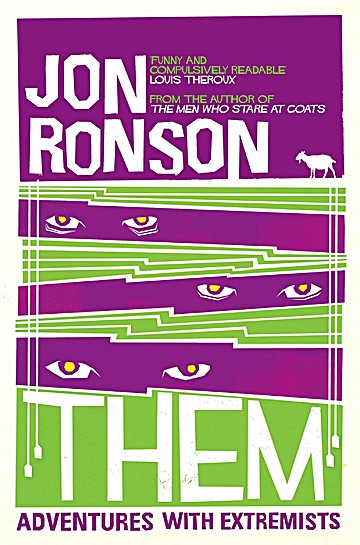Flesh and Blood, Stephen McGann’s medical memoir of his family, is a book I was convinced that I had read, but I hadn’t. I’d read about it because of McGann’s work as a science communicator who has spoken at the Cambridge and Cheltenham Science Festivals, and bought it on Kindle where I promptly left it languishing in the digital doldrums.
McGann is from Liverpool, part of the troupe of acting brothers that includes Joe, Paul and Mark. The family traces its origins to Ireland, with an earlier generation emigrating to Liverpool in the mid-19th century as a result of the Great Famine. McGann appears in the tv show Call the Midwife, which I’ve never watched. His role as Dr Turner, alongside a childhood full of illness, sparked an interest in medical science, leading to him undertaking a Master’s degree in Science Communication. The introduction to the book is a wonderful combination of McGann’s artistic, actorly brain and his science brain. As an actor, his job is to tell stories by imagining himself into the character he is portraying, feeling his way into that character’s being. When he began researching his family history, he says he did the same, imagining what might fill the flesh and blood gaps in the documentary data to try to form an idea of a recognisable personality for each ancestor he will never truly know. For this book, he has married that storytelling with his academic interest in the relationship between health and society.
Continue reading


